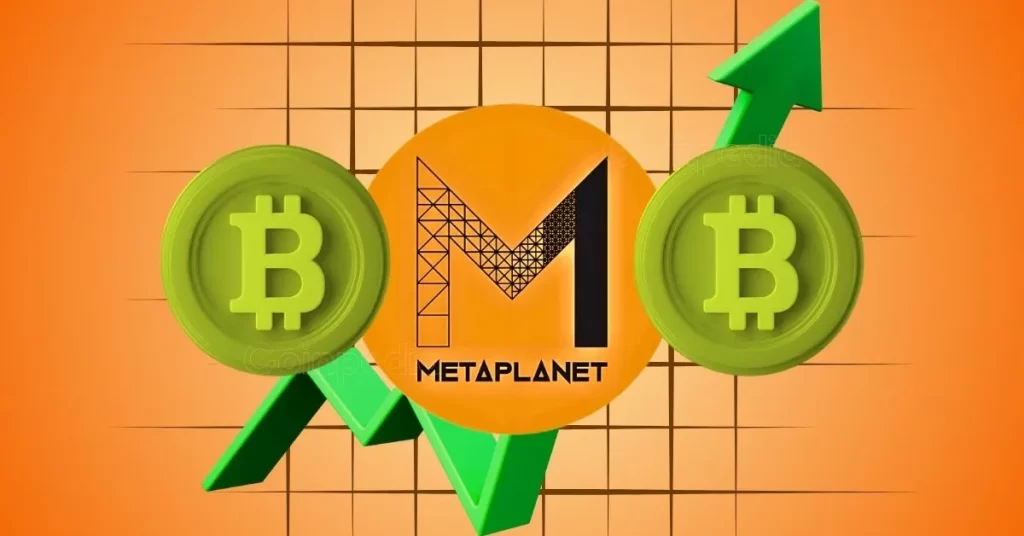
The Bank of Ghana has unveiled draft regulations for the nation’s digital asset sector. The guidelines aim to foster a secure regulatory environment that supports financial inclusion and stability.
Ghana’s central bank issued the draft guidelines on August 16, citing data collected over the past three years highlighting a growing demand for cryptocurrencies among the nation’s “tech-savvy” population.
The bank attributed the growth to several factors, including widespread internet access and the rise of Virtual Asset Service Providers (VASPs).
The draft also acknowledged the role of digital assets in cross-border payments, crowdfunding, and remittances while noting the associated risks, such as money laundering, fraud, and cybersecurity threats. The proposed regulations aim to address these risks in line with global standards like FATF’s guidelines.
The draft notes that while crypto transactions were “relatively insignificant” compared to traditional channels, the growing use of cryptocurrencies calls for regulatory clarity to maintain economic stability while also protecting market participants.
According to the bank, the draft guidelines, formulated after an “internal review” of cryptocurrencies like Bitcoin and Tether (USDT), seek to “foster innovation while effectively managing risks associated with digital assets.”
Crypto exchanges in focus
The proposal states several components regulatory components aimed at overseeing the digital asset sector by primarily intensifying oversight of cryptocurrency exchanges or VASPs.
Under the proposed law, exchanges would be required to register with either the Bank of Ghana or the nation’s Securities and Exchange Commission. The type of registration would depend on the product a VASP offers.
These businesses would have to comply with the Financial Action Task Force’s Travel Rule, as well as anti-money laundering (AML) and counter-terrorism financing (CFT) regulations.
Suspicious transactions would have to be reported to the Financial Intelligence Centre (FIC), and the firms would be mandated to conduct risk assessments.
The license to operate in Ghana will be provided if the VASP demonstrates a “satisfactory internal control and risk management framework” and meets the capital requirements.
Commercial banks and financial institutions in the nation would only be allowed to offer services to registered VASPs. Further, these entities are prohibited from having direct ties with “virtual asset-related businesses,” holding or owning crypto assets, and offering custody services.
Before signing the law into effect, the central bank will also conduct a “sandbox testing process,” with select VASPs to identify potential issues and refine the rules before broader implementation.
Ghana’s blockchain ambitions
The draft also disclosed the central bank’s intention to focus on other blockchain-based initiatives, such as its central bank digital currency (CBDC) and tokenization.
Dubbed eCedi, Ghana’s CBDC plans were first announced in 2021 and have since received various updates, including plans for offline capabilities.
The exact timeline for when the proposed regulations will become law hasn’t been disclosed. However, public and industry feedback can be submitted by Aug. 31, 2024.
Ghana’s foray into the decentralised space has continued against this backdrop. Earlier this year, the Ghana Post Company introduced the nation’s first Non-fungible token (NFT) stamp to celebrate the 25th anniversary of His Majesty Otumfuo Osei Tutu II, the king of the Ashanti People.
The post Bank of Ghana unveils draft regulations for digital assets appeared first on Invezz















 English (US) ·
English (US) ·